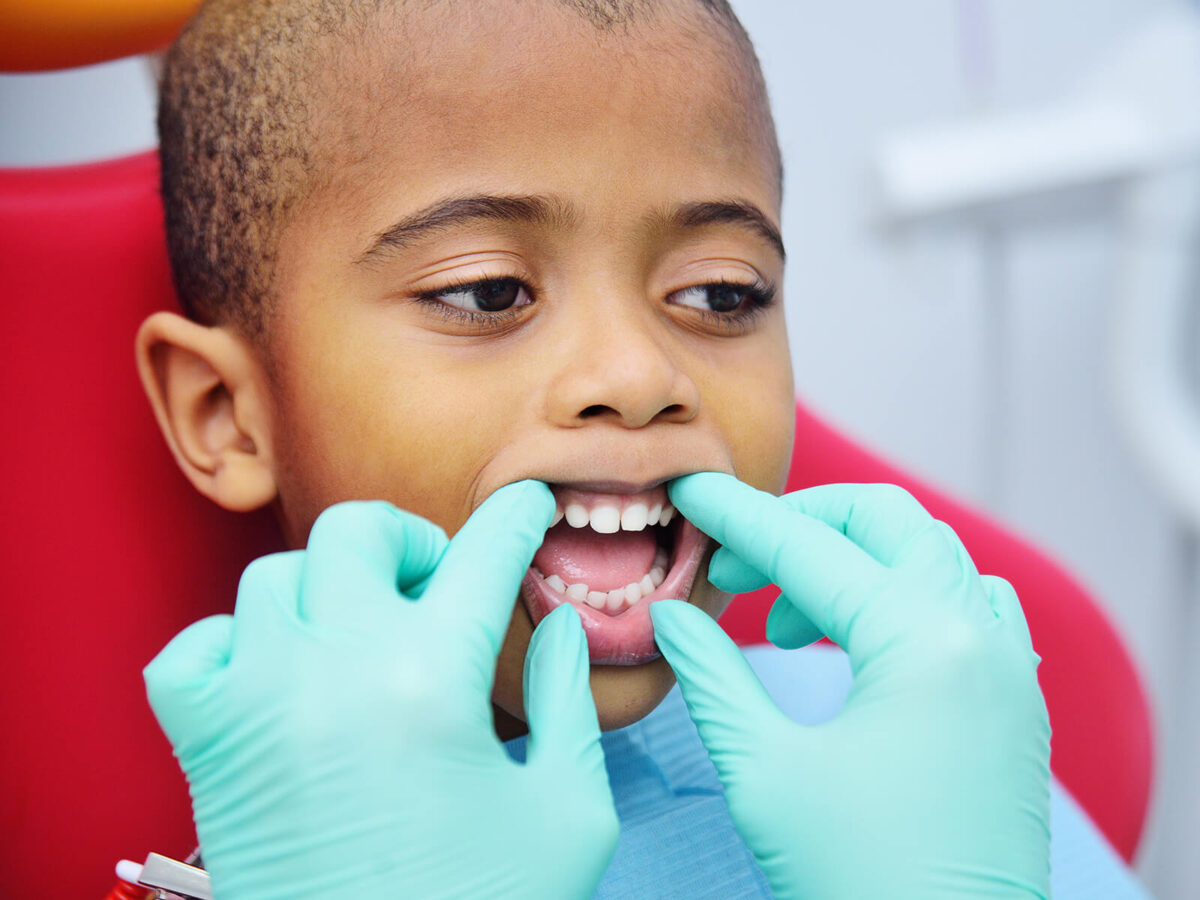Mathis Dental Office is aware of the critical role that interceptive orthodontic treatment can play in the oral health and improvement of kids. By addressing functionality issues early on, this proactive approach to orthodontics can pave the way for an entire life of healthful, beautifully aligned smiles.
What is Interceptive Orthodontic Treatment?
Interceptive orthodontic treatment, also known as early orthodontic treatment, is a specialized technique that focuses on identifying and correcting orthodontic issues in children between the ages of 7 and 11. These issues can include overcrowded teeth, chewing issues, or misaligned jaws.
The number one cause of interceptive orthodontics is to guide the development of the kid’s jaw development and tooth eruption guidance, making sure a harmonious and functional bite. By addressing those worries early, orthodontists can often lessen the need for extra complicated and high-priced remedies in the destiny.
The Benefits of Interceptive Orthodontic Treatment
Investing in interceptive orthodontic remedy at Mathis Dental Office can provide various advantages for your toddler’s oral health and widespread well-being:
- Preventive Approach: By identifying and addressing capacity troubles early on, interceptive orthodontics can assist prevent more immoderate orthodontic troubles from developing down the line, saving your little one from pain, discomfort, and vanity problems.
- Improved Oral Health: Properly aligned enamel is less difficult to ease, reducing the threat of cavities, gum sickness, and different dental problems. Addressing problems early can bring about better oral health results in the long run.
- Enhanced Self-Esteem: A lovable, confident smile can have a profound effect on a baby’s confidence. Interceptive orthodontic remedy can correct troubles that could effect self-reputation.
- Reduced Treatment Time: By beginning remedy early, the general duration of orthodontic care may be shorter, probably saving both money and time in the end.
Common Issues Addressed by Interceptive Orthodontic Treatment
The professional group at Mathis Dental Office can make use of interceptive orthodontic treatment to cope with some common problems, collectively including:
- Overcrowding: When there is not sufficient area inside the mouth for the new and permanent tooth to grow correctly.
- Crossbite: Inappropriate alignment of the higher and lower jaws, which may lead to misaligned teeth and jaw problems.
- Underbites and Overbites: Underbites and Overbites result from incorrect positioning of the upper and lower jaws, resulting in bite problems and speech problems.
- Thumb-Sucking and Pacifier Habits: Interceptive orthodontics can provoke thumb sucking behavior that could result in dental problems.
How Does Interceptive Orthodontic Treatment Work?
The procedure commonly begins with a thorough examination with the aid of the orthodontist at Mathis Dental Office. X-rays and dental impressions can be taken to evaluate the kid’s unique orthodontic desires. Based on the findings, the orthodontist will expand a customized treatment plan, which might also contain the use of braces, expanders, or specialized orthodontic appliances.
Conclusion
Regular tests and modifications are critical to display teeth development and make crucial changes to the remedy plan. With the proper care and guidance, your child’s smile can be beautiful as always, setting the extent for an entire life of assured, wholesome smiles. Don’t wait until problems worsen – call Mathis Dental Office now to schedule an assessment and discover how an interceptive orthodontic remedy can benefit your infant’s oral health and overall well-being.





